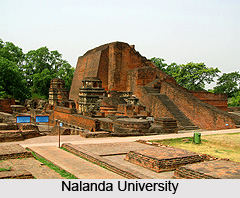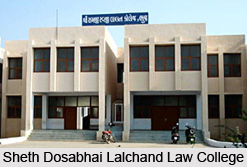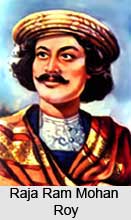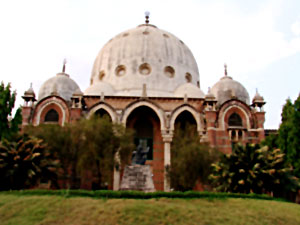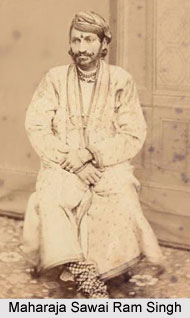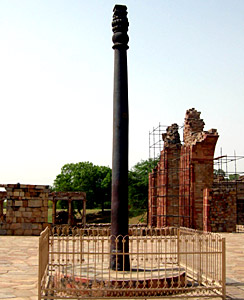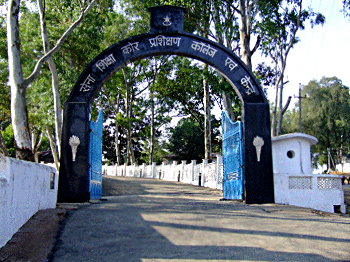Hunter Commission officially known as the Indian Education Commission, 1882, was the first Education Commission in the history of modern India. The Government of India, prior to the recommendations of the Woods Dispatch, appointed a Commission under the chairmanship of W.W. Hunter. The Hunter Commission was named following the name of the chairman, W.W. Hunter.
The Hunter Commission was entrusted with the charge to review the state of education in India and to recommend necessary measures for further progress. The other consideration, which prompted the government to appoint the commission, was to enquire into the propaganda carried on by the English missionaries that the educational system in India was not following the recommendations of Woods Dispatch. The chairman, Hunter, was instructed that the motto of the commission was to reorganize the Indian educational system in such a way that the different branches of public education could move forward together and with equal importance. The principal object therefore was to enquire the state of elementary or primary education in India. Also the means to develop and improve the condition of elementary education was given a special emphasis by the Hunter Commission appointed by the Government of India. However the Commission was mostly confined in the enquiry of the primary and the secondary education. The general working procedure and the educational process of the Indian universities was excluded from the charge of the Hunter Commission.
The Hunter commission visited all the provinces of the then India and passed a lot of recommendations in order to extend and improve the state of education. The Commission emphasized that the special care should be taken by the government for the propagation and the improvement of the primary education. It was declared by the s Commission that the primary education was essentially aimed for the masses and hence should be provided in the s vernacular language. The subjects of educations should fit them for their position in life. While the private enterprise was to be hailed at all stages of education, primary education was to be provided without reference to the local co-operation. The commission recommended that the power of controlling the entire system of primary education should be transfer to the district and the Municipal Boards. According to the recommendations of the Commission, the local Boards were only empowered to levy for the educational purpose.
The Hunter Commission apart from the state of primary education also emphasized the condition of secondary education prevailed in India during the 19th century. For the secondary education, a principle was laid down by the commission. According to the commission, there should be two divisions - literary education leading to the Entrance examination of the university and the other is the practical kind of vocational training. The Vocational training would lead the students to build up their career in the commercial field.
The commission made that an effort should be made to encourage the private enterprise in the field of education. The Commission to achieve this objective recommended the extension and liberalization of the grants in aid system, recognition of the aided school as equal to Government institutions in matters of status and the privileges. It was also declared by the Commission that the Government should as early as possible withdrew from the direct management of the secondary and the collegiate education. Moreover the education Commission drew attention to the inadequate facilities for the female education outside the Presidency towns and also made recommendations for its spread
India witnessed a rapid and unprecedented growth in the field of primary and secondary education in the past twenty years. One of the principal impacts of this expansion was the massive participation of the Indian Philanthropist in the system of education. A number of denominational institutions sprang up in all parts of the country. Apart from the study of the western literatures Indian and the oriental literatures were also given specials emphasis. Another important development of the period was the development of the teaching cum examining universities. The Punjabi University and the Allahabad University of superior rank developed during this time.
In the first half of nineteenth centuries, political unrest grew up owing to the controversies about the educational policies of the government. Political developments interrupted the educational system of the country. The official report was that the educational expansions were not carried on in the proper way and that the private interference had deteriorated the standard of education. The nationalist opinion stated that the Government was not doing its duty to reduce the illiteracy and also admitted the lowering standards of education.
Lord Curzon during his term of office tried to reorganize all branches of administration including the system of education. Curzon justified the increase of official control over the education in the name of efficiency and quality. However none of the recommendations of the Hunter Commissions was fulfilled by the educational reforms of Curzon. His reforms actually sought to restrict education and discipline the educate mind to the loyalty of the government.
